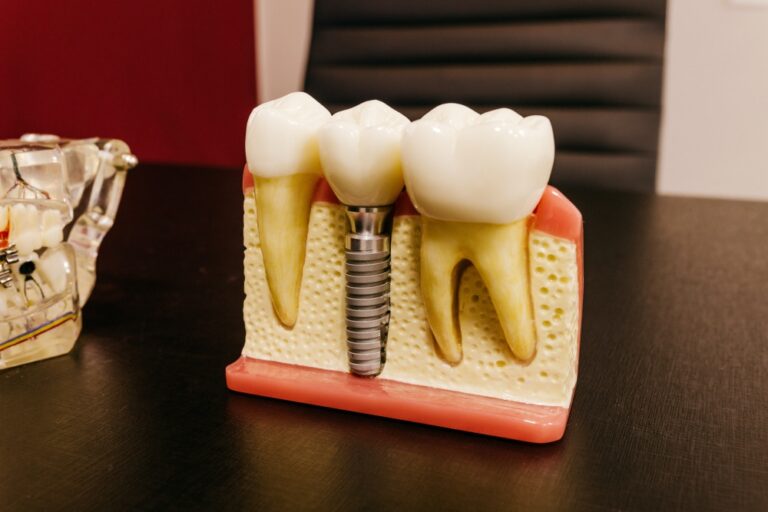Just because they’re going to fall out doesn’t mean you can neglect primary teeth
Your child’s primary teeth, also known as their “baby teeth,” are worth protecting. Just because they’ll lose these teeth doesn’t mean you shouldn’t properly and regularly clean them. Caring for these teeth starting at a young age means your child will adopt lifelong oral care habits, prevent future health problems, and avoid costly dental bills.
The earlier you start a routine, the better
Caring for your child’s primary teeth at a young age will have lifelong benefits. Children are creatures of habit, and they thrive on structure. The earlier you establish an oral care routine, the better. Cleaning their teeth will become part of their daily routine. They’re more likely to carry this habit with them as they get older and become adults.
Proper oral hygiene has overall health benefits
Here’s another reason to establish an oral hygiene routine at a young age: Caring for your oral health can prevent other health problems too. Poor oral hygiene is linked to cardiovascular disease, pregnancy complications, Alzheimer’s disease, and other serious health problems.
Avoid costly dental bills with prevention
The latest research shows that 42% of children between the ages of 2 and 11 have had cavities in their baby teeth. Cavities are preventable. They cost money to fix. The longer you wait to treat a cavity, the more expensive it will be. But it’s not just about money. An untreated cavity can reach the pulp and the root of the tooth, which could lead to a dental emergency or a root canal. These can be very painful for a child and for an adult.
Infections from cavities can also lead to bigger health problems in other parts of the body. The bacteria that cause tooth decay and cavities can infect the bloodstream and travel to the heart and brain.
Prevention is key to good dental and overall health and is a big money-saver. We recommend you start cleaning your child’s teeth as soon as they grow their first tooth. Before that, you can let them watch you clean your teeth so they see it’s a daily part of life. Find a pediatric dentist so you can learn oral health tips from them, and monitor your child’s teeth from a young age. Here are some tips to ensure your visits to the dentist go smoothly. Remember: Your child will lose their baby teeth, but it’s still important to care for them on a regular basis to ensure a lifetime of good dental and overall health.




